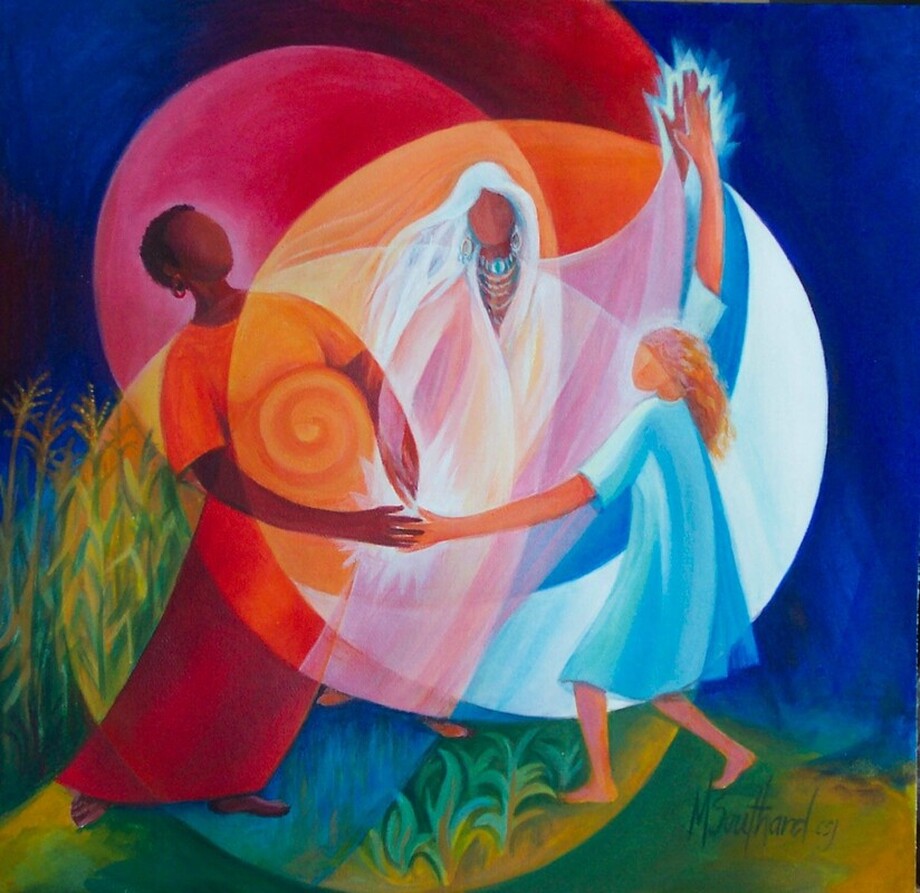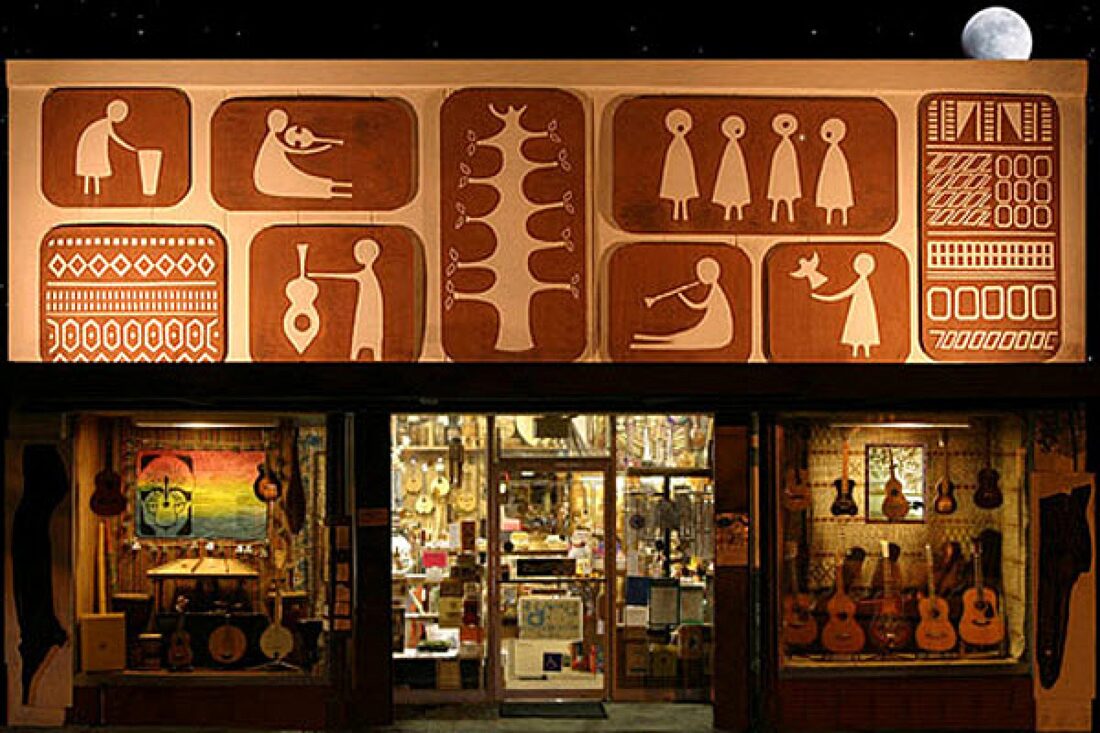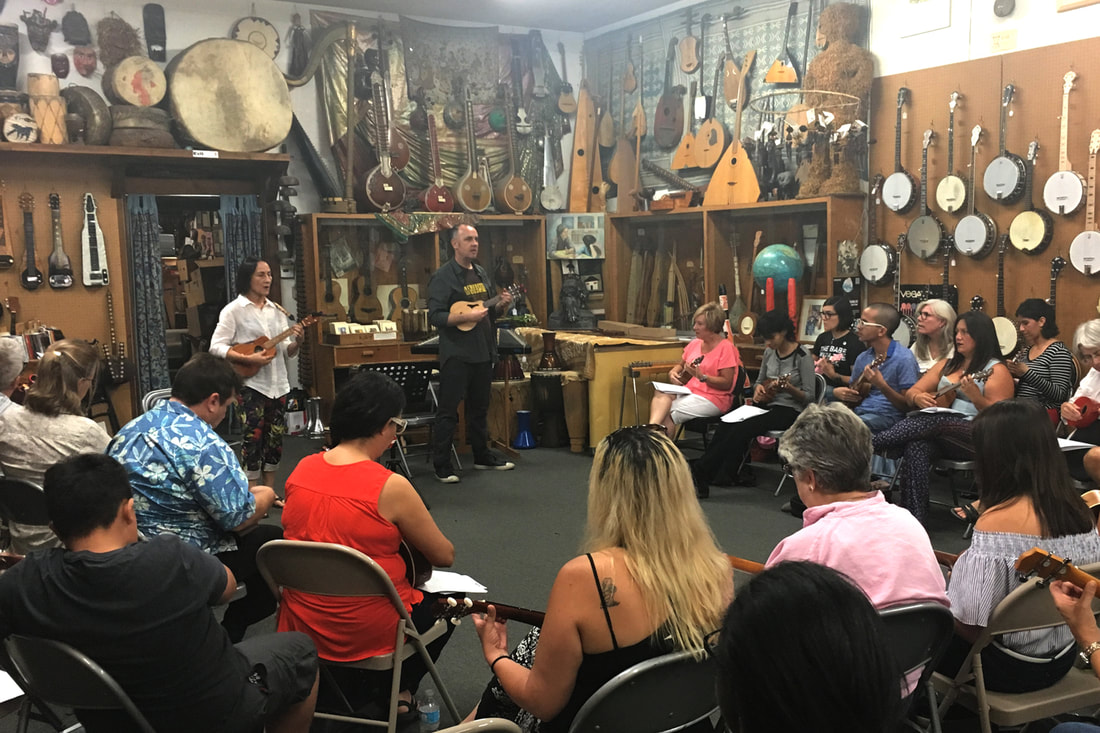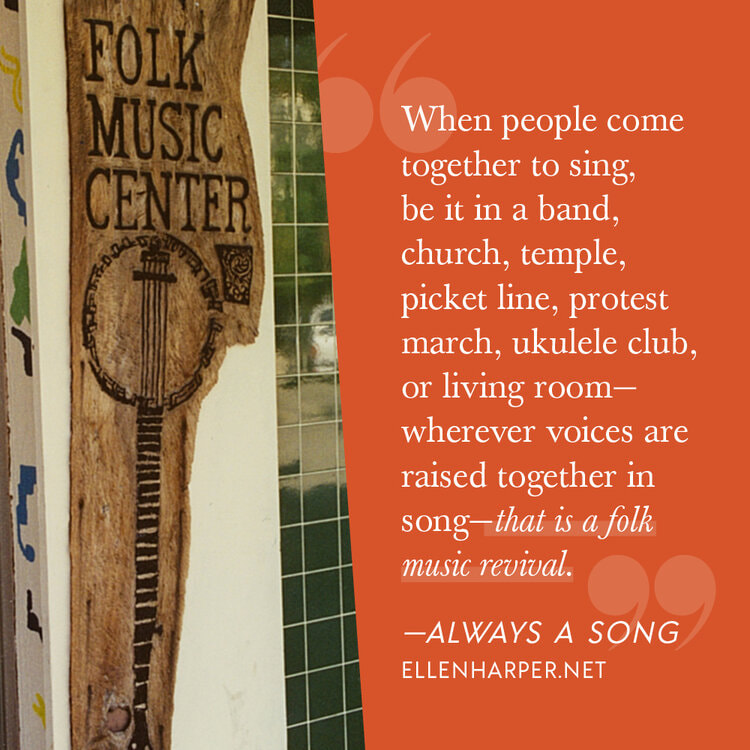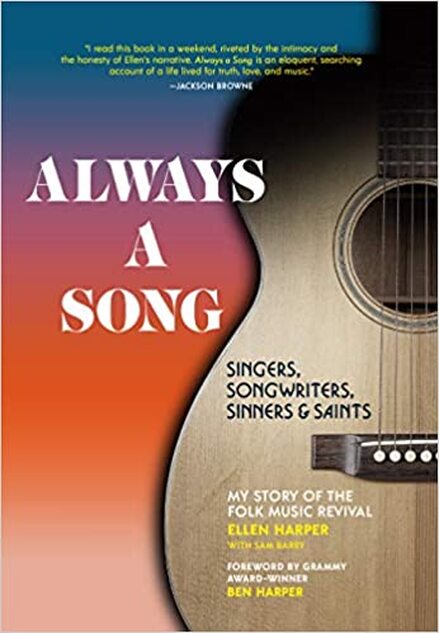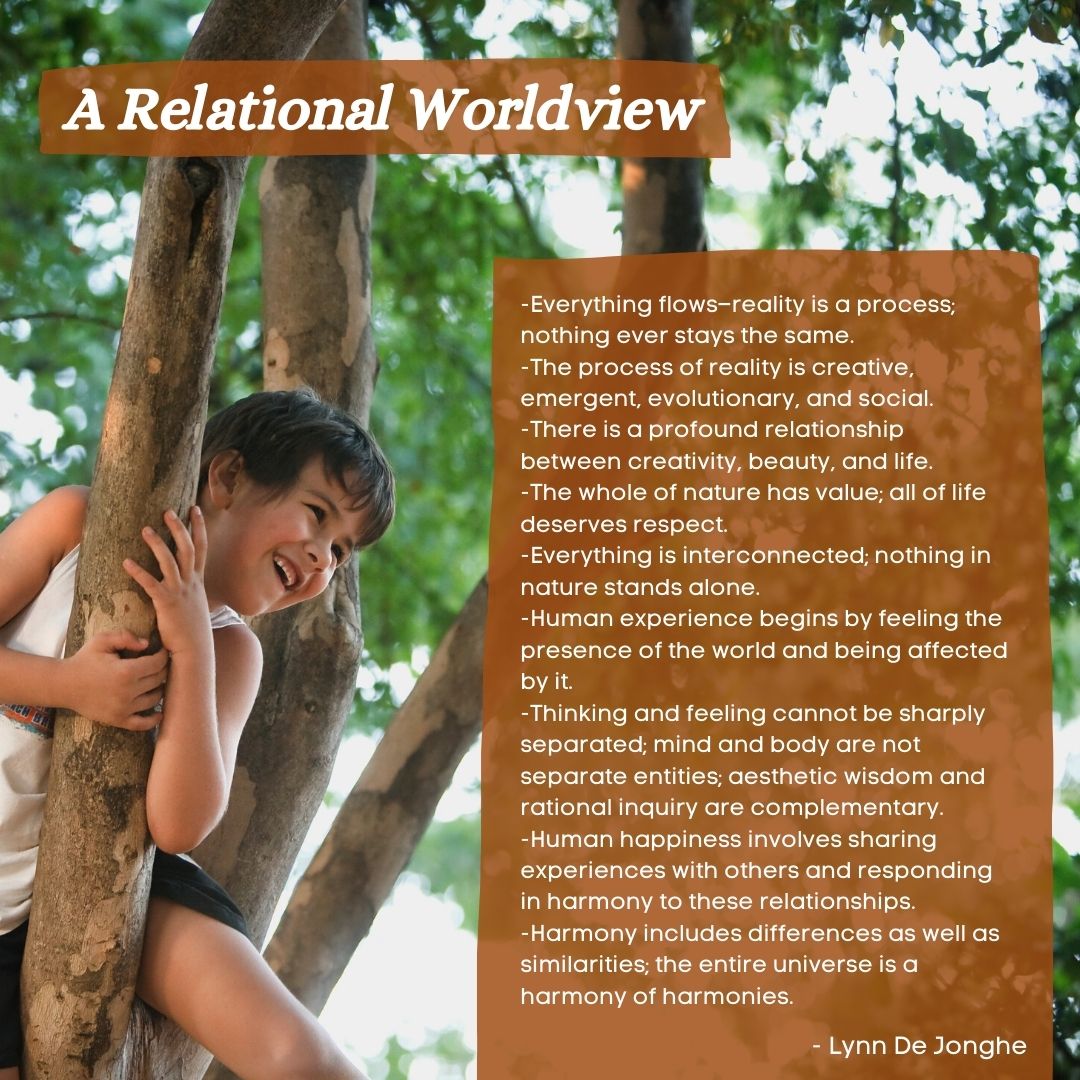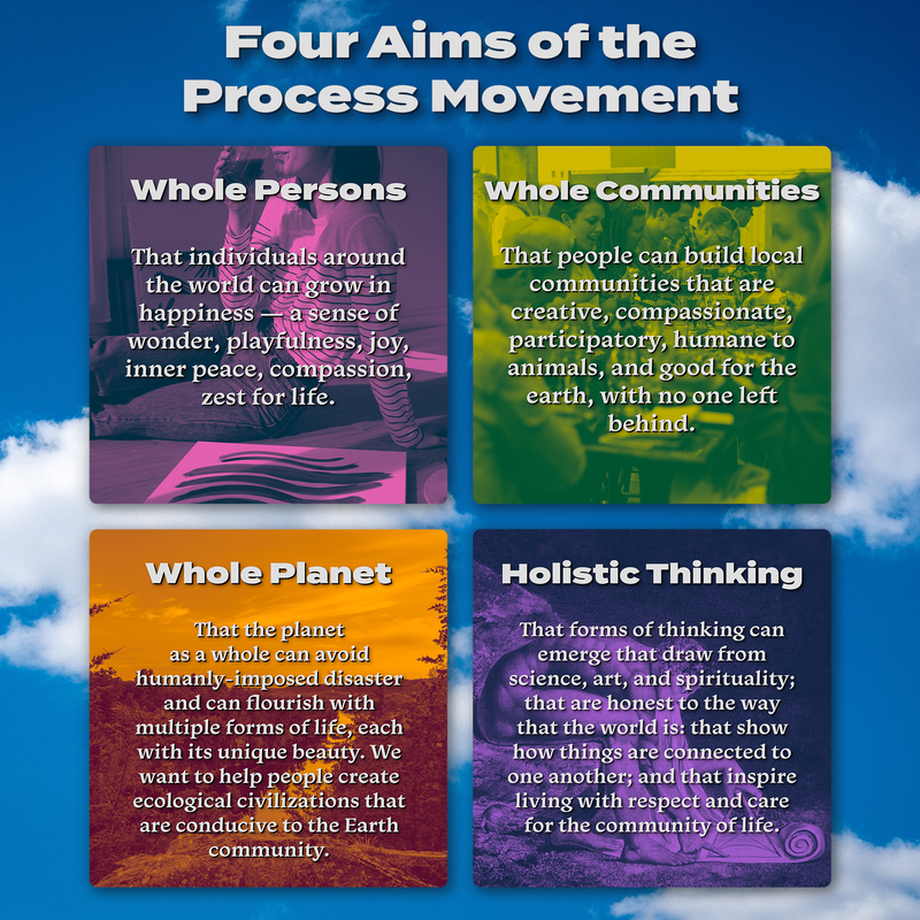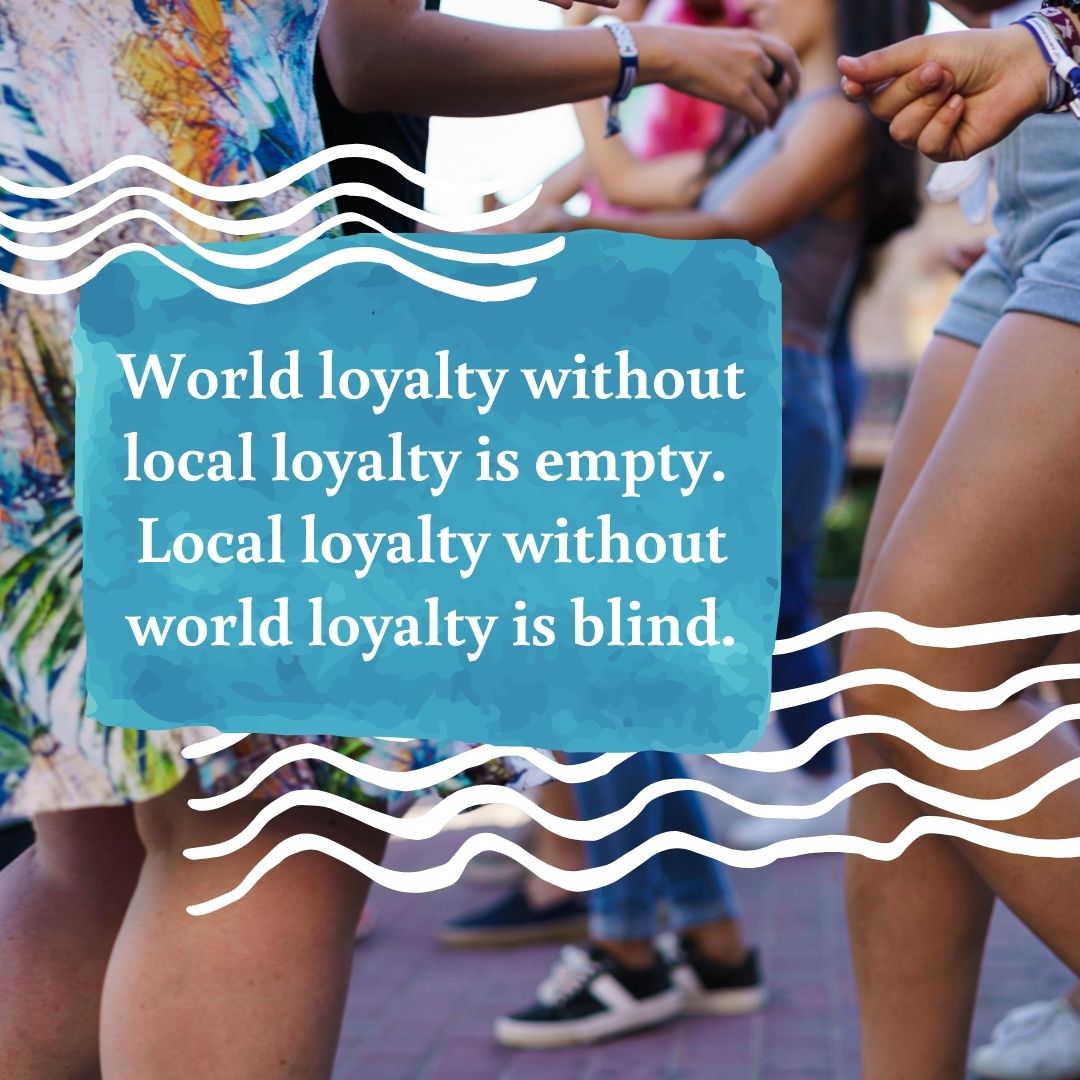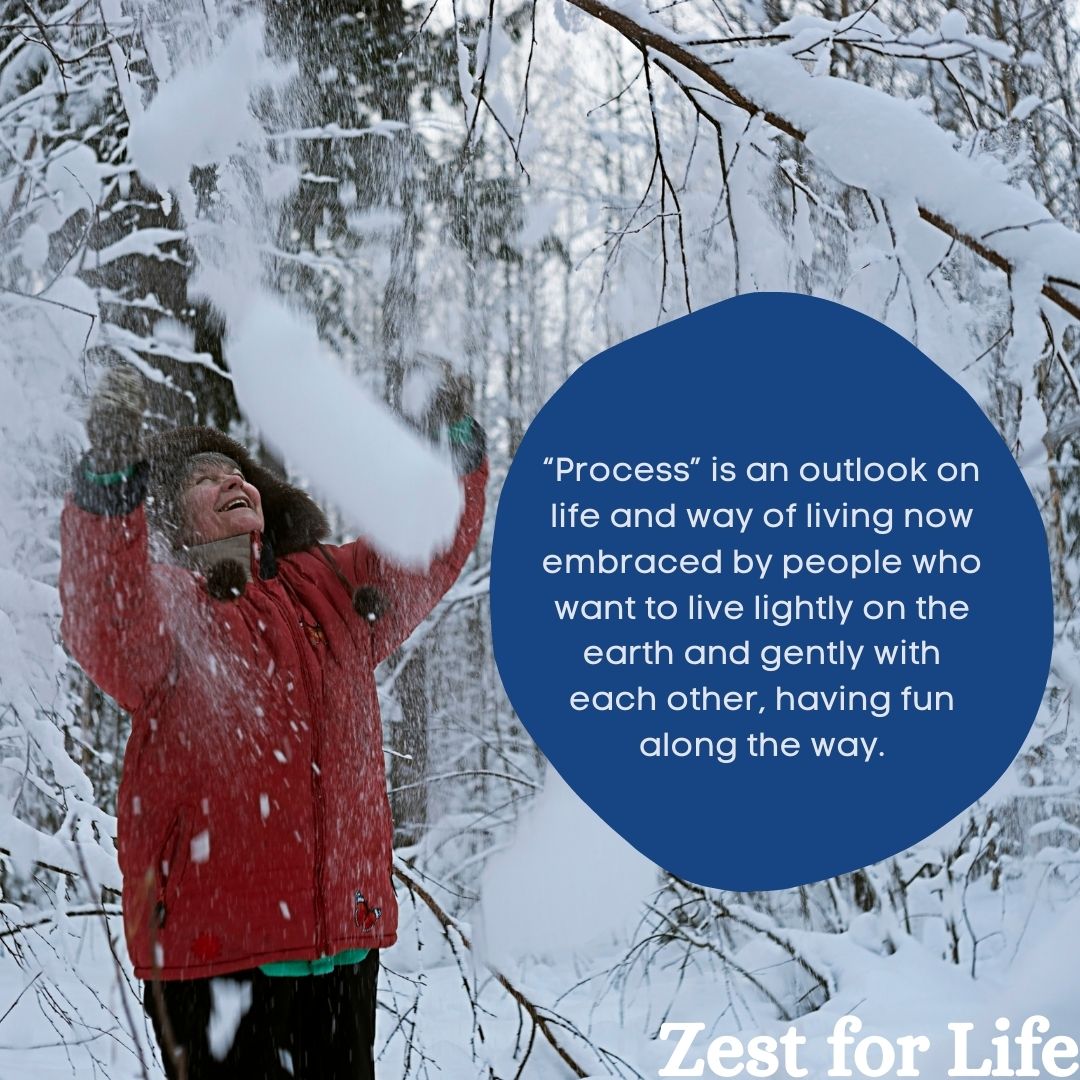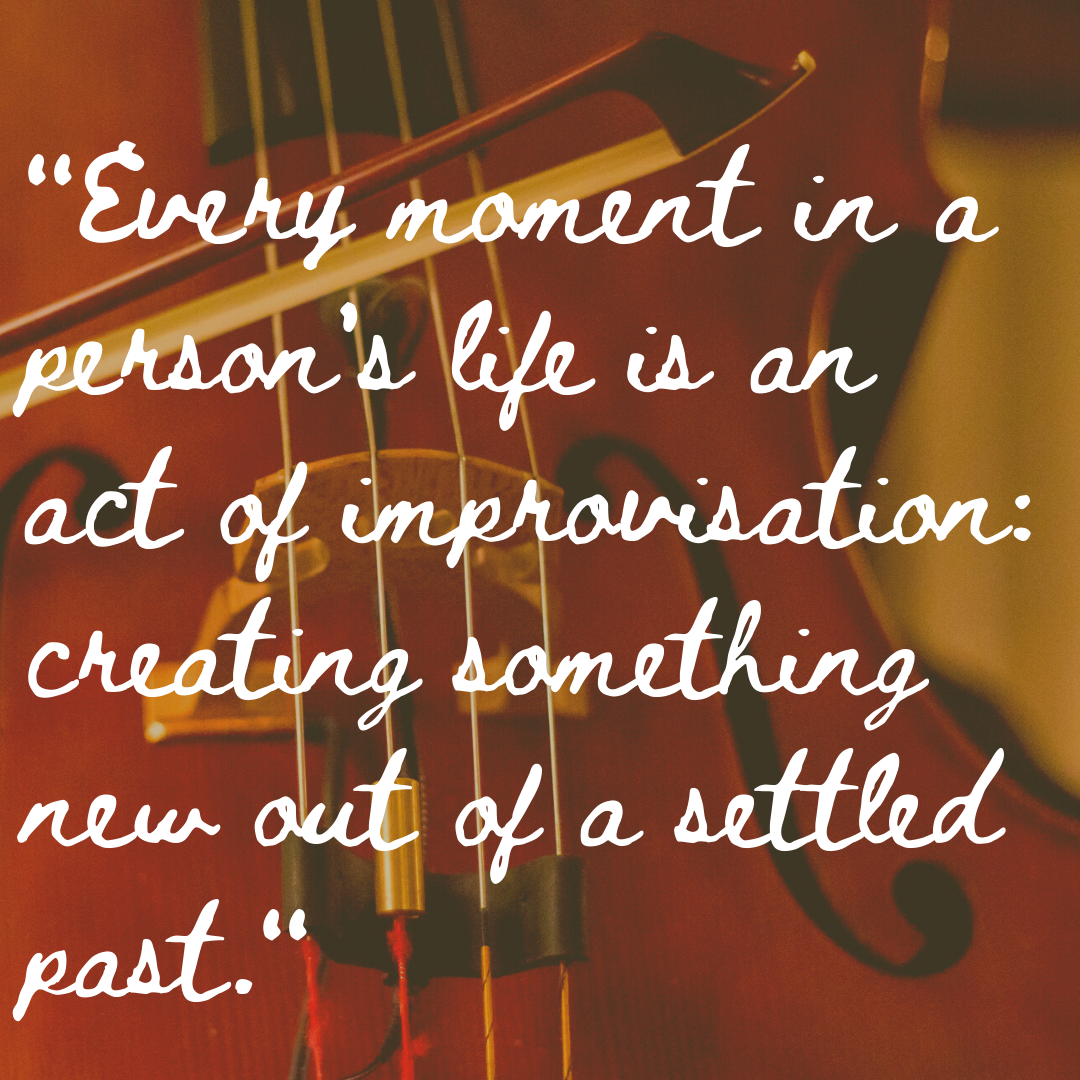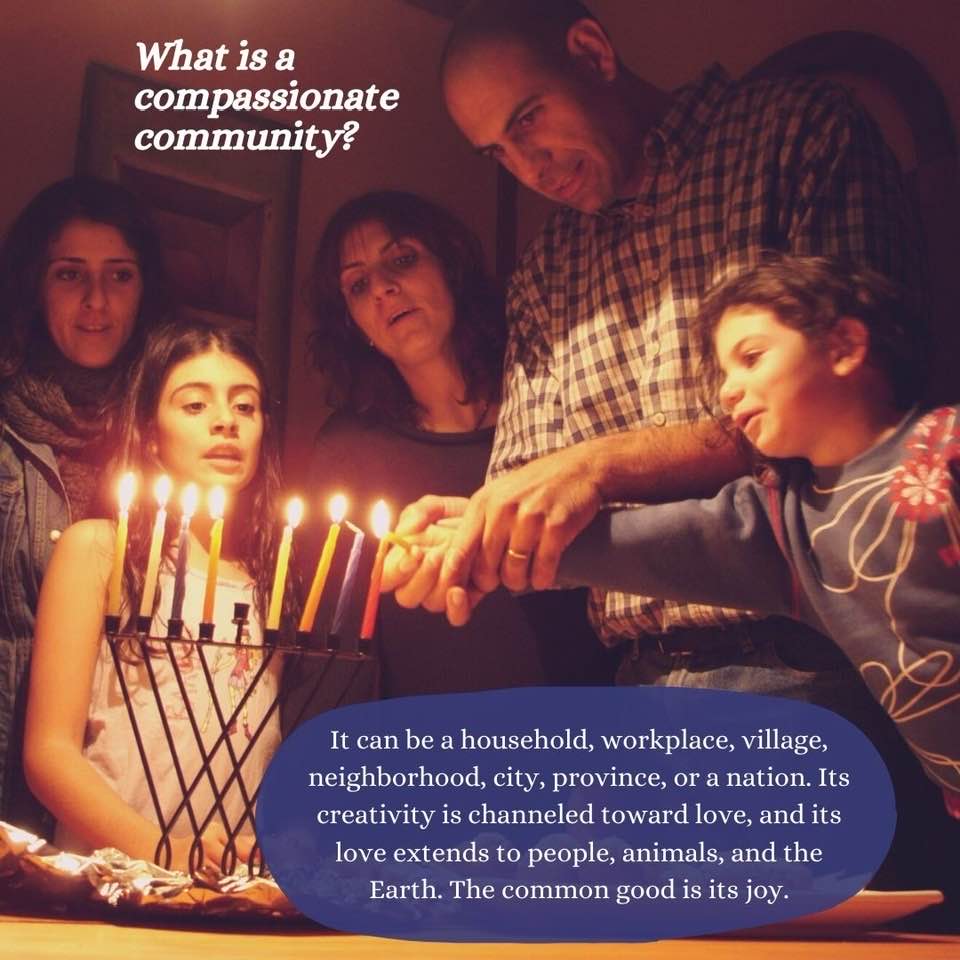The Folk Music Center
and the Cobb Institute
hope-giving lights in Claremont, California
A lodestar is a shining light: a star that guides a ship at night, giving it direction. Today we humans are like passengers sailing through tempestuous waters on a stormy night needing many lodestars: that is, alluring lights that help us live lightly on the earth and gently with one another, for the common good of the world. A small town in southern California - Claremont, California - is home to two such lights: The Cobb Institute: A Community for Process and Practice and The Folk Music Center.
The Cobb Institute is named after a Christian theologian, John Cobb, now age 97, who lives in a retirement community in Claremont. The Institute encourages us to imagine the world as a "community of community of communities" and shows how such a world can be nurtured by a "process" or "relational worldview." It speaks of four goals around which we can orient our lives: whole persons, whole communities, a whole planet, and holistic thinking. Part of its work is to support local communities in the Claremont area and elsewhere as they seek to become compassionate communities that are good for people, other animals, and the Earth. Click here for its website; see below for images.
The inspiration behind much process philosophy is the late philosopher and mathematician, Alfred North Whitehead. Interestingly, Pete Seeger was a fan of Whitehead's and was an inspiration behind the founding of the Folk Music Center. See below for an interview with Seeger on Whitehead.
The Cobb Institute is not a building but a network of people, although many people take pilgrimage to Claremont to visit with John Cobb. The Folk Music Center, by contrast, is a building, located at 220 Yale Avenue in downtown Claremont. It is a cultural hub for people in southern California and around the world who enjoy music-making for the fun of it and for the sake of a better world. Its manager is Ellen Harper, whose story is told in the book Always a Song: Singers, Songwriters, Sinners and Saints, described below. She is interviewed by Terry Gross for NPR in an audio, shared below, and is also a musician with a recently produced album (also below) called Light has a Life of its Own. People are drawn to the Center for its music, of course, and also for the friendly, creative, spirit of the place. It has served Claremont and the world for over sixty years providing families, groups and individuals with a variety of musical instruments from around the world for making their own music.
What's the connection with process philosophy? I think of the Folk Music Center as an incarnation of the spirit of process philosophy.
1. The Folk Music Center encourages an appreciation of folk music itself understood as music of the people. The center's aim is to help anybody and everybody make music; not just "musicians." Process philosophy likewise emphasizes the dignity and beauty of each person and sees life itself as an ongoing process of improvisation, moment by moment. In process philosophy as in the spirit of the Folk Music Center, we are all music-makers.
2. The Folk Music Center is rooted in a sense of social justice, combining justice with joy. Process philosophy likewise proposes that, when we widen our concern for the world in nurturing ways, we find that the richness of our own experience is expanded: we are more alive. For folks at the Folk Music Center as for process philosophers, the heart of ethics lies in a sense of shared destiny with others: all others, including other animals and the Earth.
3. The Folk Music Center is all about what process philosophers call creative localization or, perhaps better, creative glocalization (with a "c"). Glocalization is a word coined by sociologists to name a local space - a small business, for example - that combines local friendships with global horizons. Such is the spirit of the Folk Music Center. You sense glocalization in its signage, its instruments, its spirit. This is what the Cobb Institute is about, too.
In short, the Folk Music Center embodies three practices that are important to process thinkers like me: the creation of beauty (music-making), fidelity to the bonds of a local place, and loyalty to the world. These are ways of practicing the relational worldview of which John Cobb and others speak.
The purpose of this page is to introduce people familiar with John Cobb and process thought to the Folk Music Center, in hopes that, as they make pilgrimage to Claremont to visit John Cobb, they might also visit the Folk Music Center and feel the connection. The purpose is also to introduce people who know the Folk Music Center to process thought, through the images below, hoping that they, too, might feel the connection.
My hope is that the Folk Music Center and the Cobb Institute might find ways of making music together. I'm not sure what kind of music they might make:
What I know is that process philosophy needs to be singable if it can better help the world and that the Folk Music Center is a place for the singing.
- Jay McDaniel, Cobb Institute
The Cobb Institute is named after a Christian theologian, John Cobb, now age 97, who lives in a retirement community in Claremont. The Institute encourages us to imagine the world as a "community of community of communities" and shows how such a world can be nurtured by a "process" or "relational worldview." It speaks of four goals around which we can orient our lives: whole persons, whole communities, a whole planet, and holistic thinking. Part of its work is to support local communities in the Claremont area and elsewhere as they seek to become compassionate communities that are good for people, other animals, and the Earth. Click here for its website; see below for images.
The inspiration behind much process philosophy is the late philosopher and mathematician, Alfred North Whitehead. Interestingly, Pete Seeger was a fan of Whitehead's and was an inspiration behind the founding of the Folk Music Center. See below for an interview with Seeger on Whitehead.
The Cobb Institute is not a building but a network of people, although many people take pilgrimage to Claremont to visit with John Cobb. The Folk Music Center, by contrast, is a building, located at 220 Yale Avenue in downtown Claremont. It is a cultural hub for people in southern California and around the world who enjoy music-making for the fun of it and for the sake of a better world. Its manager is Ellen Harper, whose story is told in the book Always a Song: Singers, Songwriters, Sinners and Saints, described below. She is interviewed by Terry Gross for NPR in an audio, shared below, and is also a musician with a recently produced album (also below) called Light has a Life of its Own. People are drawn to the Center for its music, of course, and also for the friendly, creative, spirit of the place. It has served Claremont and the world for over sixty years providing families, groups and individuals with a variety of musical instruments from around the world for making their own music.
What's the connection with process philosophy? I think of the Folk Music Center as an incarnation of the spirit of process philosophy.
1. The Folk Music Center encourages an appreciation of folk music itself understood as music of the people. The center's aim is to help anybody and everybody make music; not just "musicians." Process philosophy likewise emphasizes the dignity and beauty of each person and sees life itself as an ongoing process of improvisation, moment by moment. In process philosophy as in the spirit of the Folk Music Center, we are all music-makers.
2. The Folk Music Center is rooted in a sense of social justice, combining justice with joy. Process philosophy likewise proposes that, when we widen our concern for the world in nurturing ways, we find that the richness of our own experience is expanded: we are more alive. For folks at the Folk Music Center as for process philosophers, the heart of ethics lies in a sense of shared destiny with others: all others, including other animals and the Earth.
3. The Folk Music Center is all about what process philosophers call creative localization or, perhaps better, creative glocalization (with a "c"). Glocalization is a word coined by sociologists to name a local space - a small business, for example - that combines local friendships with global horizons. Such is the spirit of the Folk Music Center. You sense glocalization in its signage, its instruments, its spirit. This is what the Cobb Institute is about, too.
In short, the Folk Music Center embodies three practices that are important to process thinkers like me: the creation of beauty (music-making), fidelity to the bonds of a local place, and loyalty to the world. These are ways of practicing the relational worldview of which John Cobb and others speak.
The purpose of this page is to introduce people familiar with John Cobb and process thought to the Folk Music Center, in hopes that, as they make pilgrimage to Claremont to visit John Cobb, they might also visit the Folk Music Center and feel the connection. The purpose is also to introduce people who know the Folk Music Center to process thought, through the images below, hoping that they, too, might feel the connection.
My hope is that the Folk Music Center and the Cobb Institute might find ways of making music together. I'm not sure what kind of music they might make:
- Jointly sponsored book studies?
- Process-Relational Folk festivals?
- Teaching process philosophy through folk songs? (easily done)
- Exploring folk dongs through themes in process philosophy (easily done)
- Co-sponsored poetry readings and songfests just for the fun of it (easily done)
- Taking music-lessons (offered by the Folk Center) as one way of practicing process philosophy (why not?)
What I know is that process philosophy needs to be singable if it can better help the world and that the Folk Music Center is a place for the singing.
- Jay McDaniel, Cobb Institute
